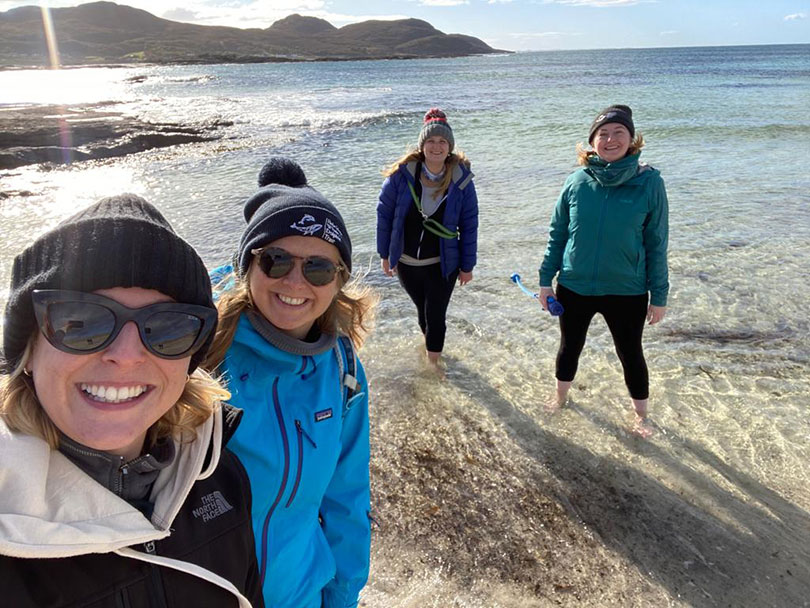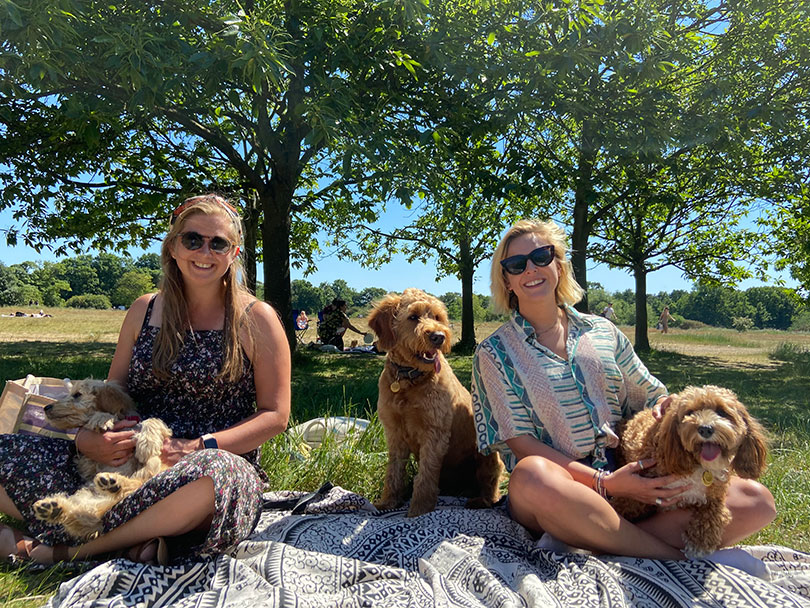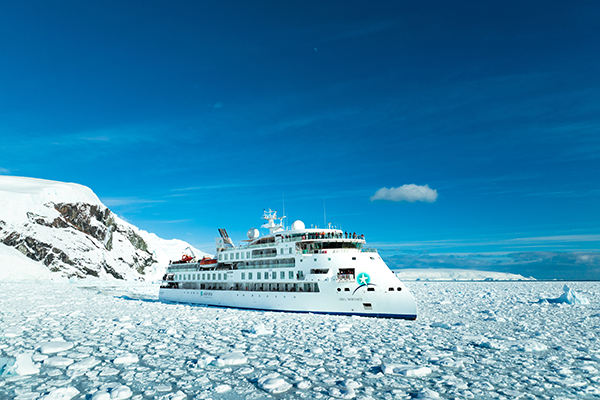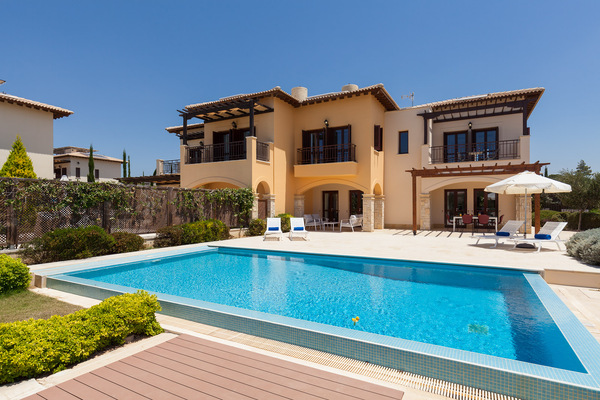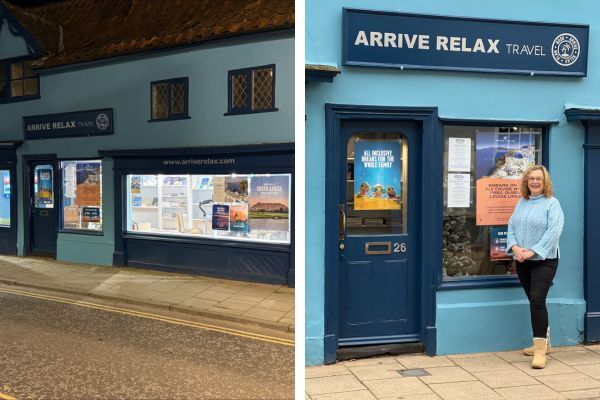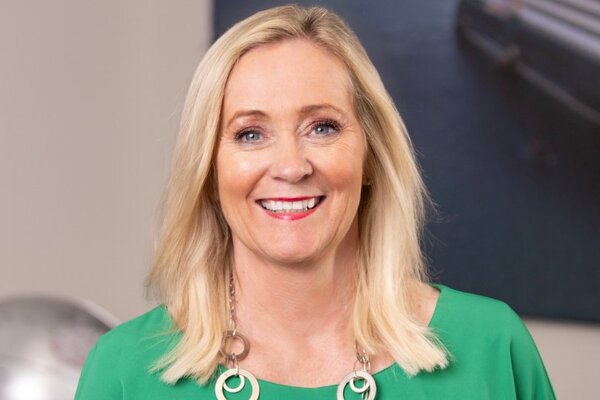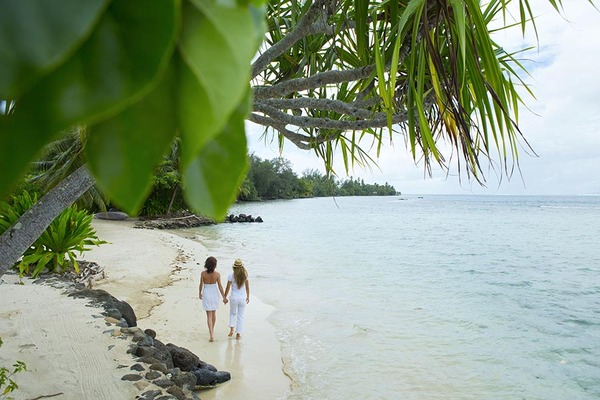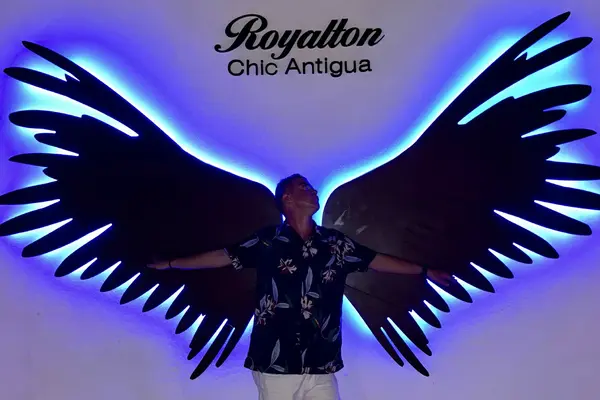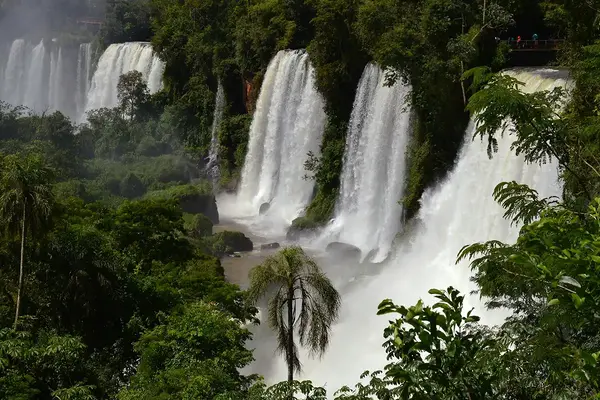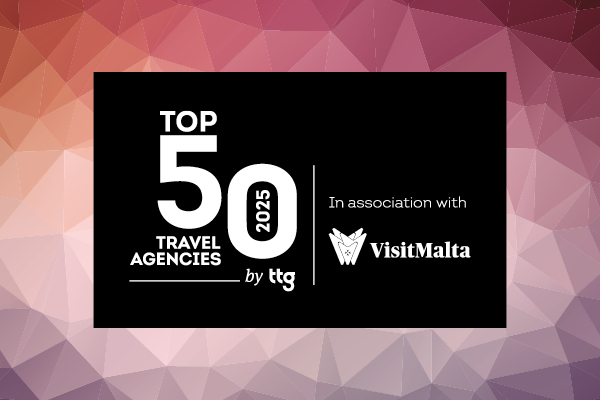Travelling Whale: a small agency with big dreams
Getting a business off the ground in the pandemic might sound a huge challenge, but the founders of Travelling Whale feel they are creating the right kind of travel brand for these strange times – one that will suit the shift in mood towards more sustainable living.
Travelling Whale aims to offer bespoke travel services and small group tours both in the UK and internationally; all of which will have an element of sustainability, whether that be a treehouse in the Welsh woodlands, or trekking to see gorillas in the Uganda.
It is the brainchild of Hattie Seal and Annabel Upson, who met in Spain 10 years ago while on holidays, and have been friends since. Between them, they both thought there could be a way to promote a better way of living and travel that mirrored their own beliefs and finally started hatching plans in a pub garden in 2018.
Unfortunately, just as they were ready to take the plunge, Seal was diagnosed with breast cancer at the age of 27, and spent two years fighting the illness; no sooner was she given the all-clear than the pandemic kicked in.
But rather than be defeated and put their plans on the shelf again, they saw it as the perfect time to progress the business, using Upson’s background in finance and marketing and Seal’s travel experience with brands such as Tucan Travel.
“Annabel has experience in creating business plans for start-ups and also in the charity sector, so combined with my travel background, it makes sense, as we complement each other,” says Seal. “Although we know each other well, it’s still been hard starting the business together when we can can’t meet properly in person to discuss the business as we would like to.”
The name is inspired by research they heard of which shows how a strategy to protect whales could limit greenhouse gases and global warming: a Great Whale captures an average of 66,000lbs of carbon over a lifetime, compared to one tree, which can capture 48lbs of carbon, for example.
With a name set, and a sense of purpose, the agency launched in August, with the idea of promoting places and projects that have a strong focus on community investment; “accommodation we can shout about”; slow travel ideas; and dramatically cutting back on flight options where possible, says Seal.
Sign of the times
“This way of thinking is becoming more mainstream now, as people have become much more aware of sustainable living, human impact and climate change as a result of the pandemic; people are keen to do better,” she adds. “It’s about starting the conversation with clients and spreading it wider, as small ripples can create big waves. We don’t want to overwhelm people with negative thoughts about their travel, just share ways they can do it differently and still have a good time.”
They decided to continue the marine theme by linking up with the Hebridean Whale Dolphin Trust (HWDT), which champions healthy Scottish seas, and the plan is to donate 1% of Travelling Whale’s profits to the charity.
Travelling to Scotland to see the work the organisation does last year, and sharing the details on social media, gained them a lot of traction and interest in travelling there, and they have also created a whale watching itinerary in the area, based on the Hebridean Whale Trail developed by HWDT.
When it comes to developing product ideas, Seal says that one positive result of the crisis has been finding people have more time for her. “With many businesses at a standstill, there is often more time for discussions on what we’re doing and how we can work together in the future,” she says.
She agrees carbon offsetting remains something of a thorny topic, with many grey areas about where the carbon credits go, and which projects are the most effective and needed. “We like to look at ways to give benefit directly to the places you’re going to – for example, if going to Peru, looking at helping a charity that is replanting the right kind of indigenous trees along the Inca Trail.”
From a business perspective, they decided to go with Protected Trust Services, in order to make clear client monies were isolated and protected. Rather than become a tour operator, Seal says she wanted to maintain the flexibility as an agent to work with whoever and wherever they wanted, and they are applying for an Atol to give them this freedom.
“We want to be able to pick whatever we want to for clients, but also be able to access the great tours of companies like Intrepid, who are a leader when it comes to sustainable operations and social engagement,” she says.
Picture perfect
During the pandemic, they have adopted an attitude of “tell don’t sell” on Instagram, trying to share positivity, and focusing on inspiration from different countries such as Sri Lanka, Costa Rica and South Africa each week.
“Of course it’s the wrong time to travel now, and it doesn’t feel right to be too pushy around sales, so we’re just continuing to post educational and optimistic messages,” she says. “And it feels like we are getting the right kind of people engage with us and enquiring now, so seems we’re going in the right direction!”
“We are posting a couple of inspirational blogs a month, sending out quarterly newsletters and social media posts of course. We did do some paid ads on Facebook and Instagram originally too,” she says of their strategy so far. “We also ran a competition to stay in a treehouse in Wales which helped us build our database, and we managed to get some coverage in The Independent which was great.”
Getting some clients off to Italy last October was a big boost for them – of course they would have hoped for more customers departing than that, but are managing to stay afloat until things pick up.
“We’ve had a lot of enquiries, and our overheads are low for now, so we’re doing OK, but the uncertainty about how long this will all go on for is a worry of course. We’re lucky Annabel and I both have very supportive partners!” she laughs.

